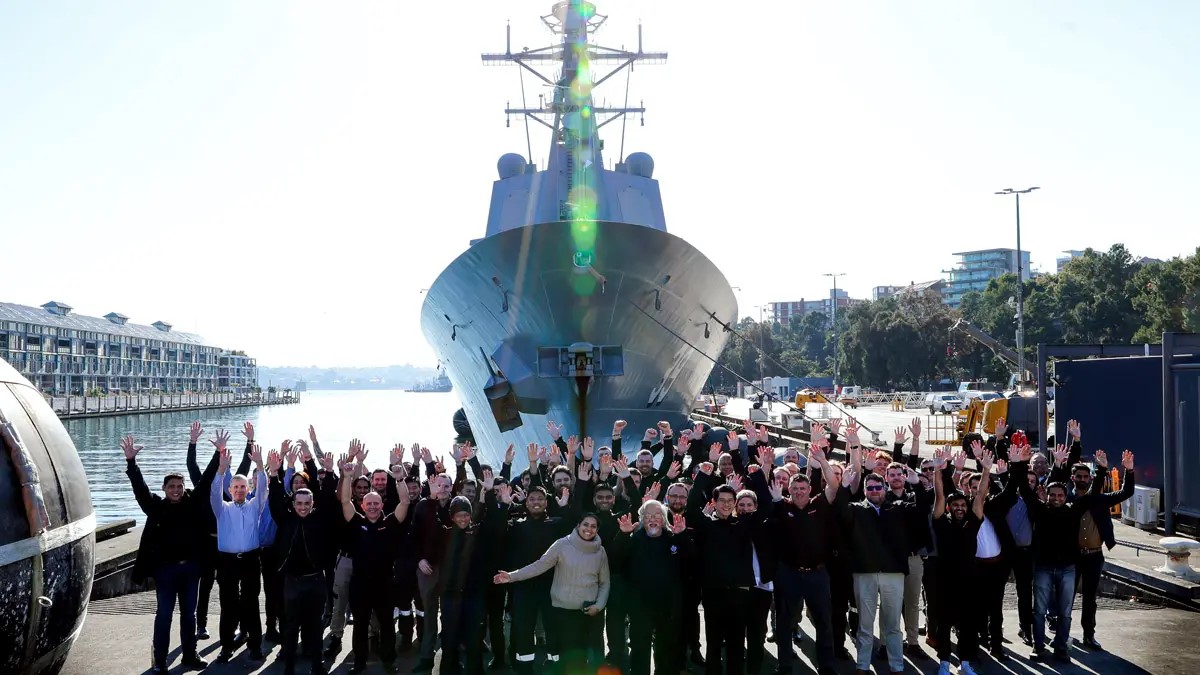Royal Australian Navy Air Warfare Destroyer sustainment goes live

Image courtesy BAE Systems
The six-year, $155 million CLCM contract establishes a new Destroyer Enterprise responsible for delivering a best practice approach for the sustainment of the three DDGs – HMAS Hobart, HMAS Sydney and HMAS Brisbane – through a partnership between defence, navy and industry.
The CLCM is part of the Commonwealth’s new Maritime Sustainment Model, which will eventually apply a standardised method of delivery across the Royal Australian Navy’s fleet and across all types of sustainment activity on a ship, including engineering, maintenance, supply chain and project management.
BAE Systems is co-located with the Navy at Garden Island, Sydney and has a team of more than 200 employees dedicated to the sustainment of the DDGs.
BAE Systems was awarded the CLCM contract in late 2022 and was previously Managing Contractor for the DDG Enterprise. The company has been working closely with the Commonwealth and industry partners to develop the Destroyer Enterprise framework, establish protocols and mobilise a modern approach to fleet sustainment.

Craig Lockhart, Managing Director, BAE Systems Australia - Maritime, said: “We have a strong team of talented people with extensive experience of maintaining the Hobart class and who are ready to further deliver a best practice model for the sustainment of these complex warships.
“We look forward to working with our partners in the Navy, Defence and industry to build a level of expertise in surface combatant sustainment that will provide an exemplar for the wider Navy fleet.”
Shaun Connelly, Program Director – DDG, BAE Systems Australia, said: “Our partnership with the Commonwealth and industry is focused on ensuring the safe and effective sustainment of these complex warships to ensure maximum days at sea for each ship with the highest level of capability and protection for the crew."
“Our role as CLCM will also see us continue the significant investment needed to develop current and future talent, through early careers opportunities such as internships, secondment and graduate programmes.”











